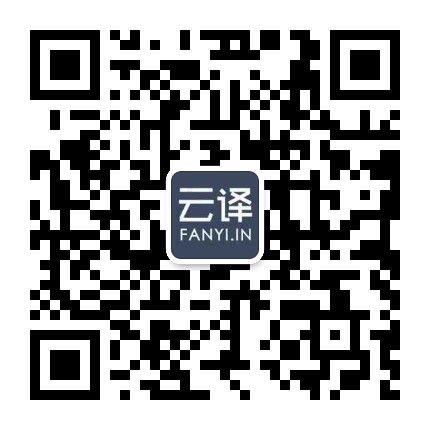從蘋(píng)果開(kāi)始我們的“水果之旅”:美國人愛(ài)吃蘋(píng)果派,不難看出他們對蘋(píng)果是情有獨鐘。所以我們描述一個(gè)非常地道的美國人,就可以說(shuō)He is as American as apple pie.而要描述一個(gè)地方非常整潔、井井有條,可以說(shuō)Everything here is in apple-pie order.
通常,賣(mài)蘋(píng)果的商販會(huì )將蘋(píng)果擦得锃亮以勾起人們的購買(mǎi)欲望,但是apple-polisher可不是“擦蘋(píng)果的人”,而是“溜須拍馬的人”,動(dòng)詞是apple-polish.我們常說(shuō)的”掌上明珠“在英語(yǔ)中叫 “the apple of one’s eye”.比如說(shuō)“梅是她父親的掌上明珠”,就是May is the apple of her father’s eye.大寫(xiě)的(the)Big Apple,是美國的紐約市。
英語(yǔ)中與水果有關(guān)的詞語(yǔ)還有:top/big banana是大老板。Who’s your top/big banana?誰(shuí)是你們的老板?go bananas是指一個(gè)人“大發(fā)雷霆”。Tom was worried that his parents would go bananas when they found out that he had put a dent in their car.湯姆擔心一旦他父親發(fā)現他們的汽車(chē)被他撞出一塊凹痕,就會(huì )大發(fā)雷霆。也可用來(lái)指一個(gè)人“發(fā)狂”。例如:He went bananas when he was informed of passing college entrance examination.當被告知通過(guò)高考時(shí),他高興得發(fā)狂。
lemon檸檬,指“劣質(zhì)商品”。例如:His car was a lemon-it broke down in a month.他的車(chē)質(zhì)量有問(wèn)題,一個(gè)月內壞了兩次。
Sour grapes 酸葡萄,也就是我們常說(shuō)的“吃不著(zhù)葡萄就說(shuō)葡萄酸”,例如:He said he didn’t want the job anyway, but that’s just sour grapes.他說(shuō)他不想干這份工作,只不過(guò)是吃不著(zhù)葡萄說(shuō)葡萄酸而已。這里要注意,sour grapes 雖然是復數形式,與之搭配的動(dòng)詞則是單數形式。
看完習語(yǔ),再來(lái)了解一下各種水果的說(shuō)法吧。
Berry 漿果、莓/梅,常見(jiàn)的有:strawberry, 草莓waxberry,楊梅,還有時(shí)下比較流行的 blueberry,藍莓mulberry.桑椹。Cranberry,酸草莓,raspberry/blackberry,覆盆子,黑莓。順便說(shuō)一句,Cranberry還是美國一個(gè)流行樂(lè )隊的名字,王菲的演唱風(fēng)格就是模仿這個(gè)樂(lè )隊的。
melon是瓜類(lèi)的總稱(chēng),但不能見(jiàn)瓜就用melon.如南瓜pumpkin, 冬瓜white/wax gourd, 黃瓜cucumber,木瓜papaya,等就除外。西瓜watermelon, 哈密瓜Hami melon/cantaloupe, 甜瓜,muskmelon.







